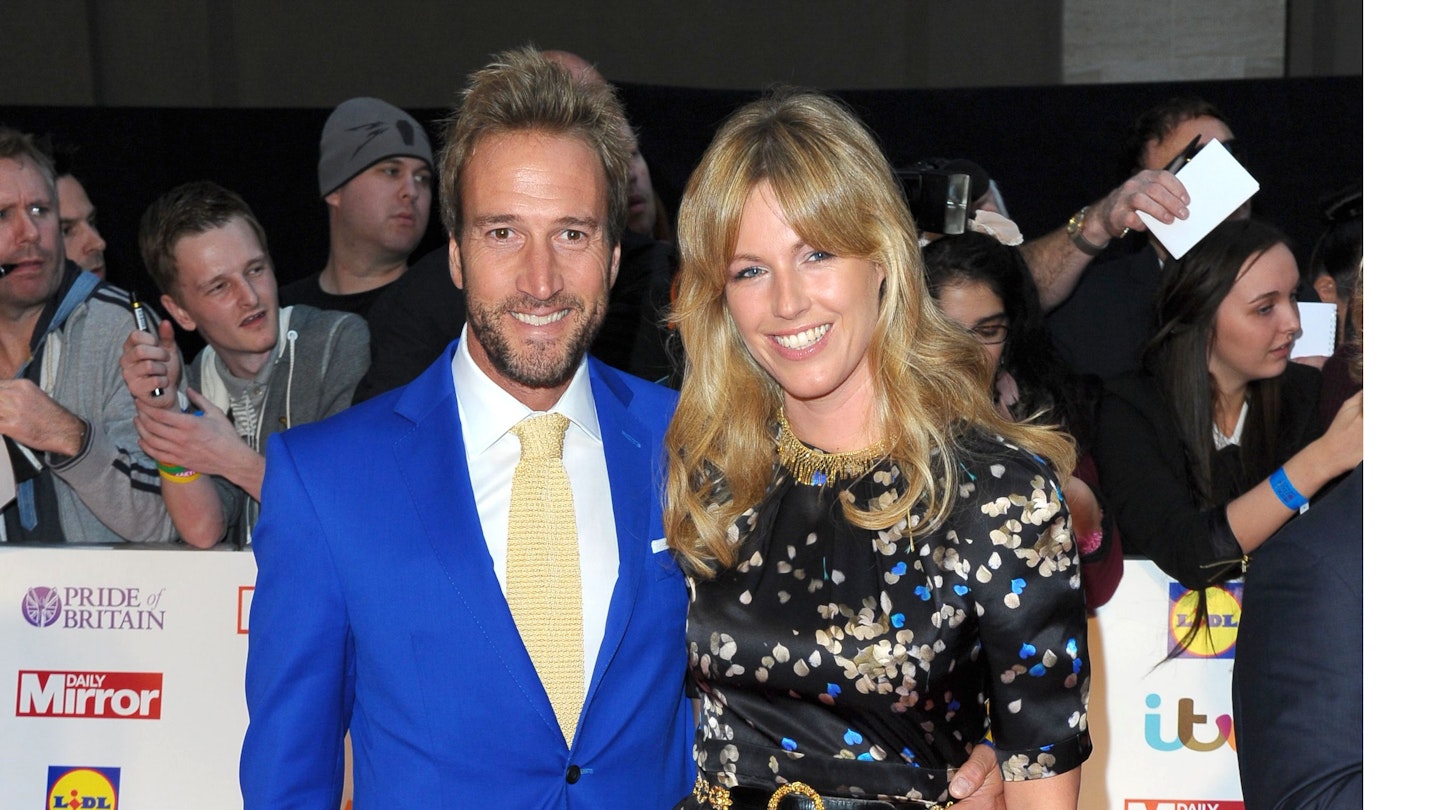Curious to find out more about Ben Fogle's wife Marina? Read on to find out more...
Who is Ben Fogle's wife
Ben's wife Marina is the co-founder of The Bump Class with her sister Dr Chiara Hunt, which helps to prepare mums-to-be prepare for labour. This was so successful that they released The Bump Class: An Expert Guide to Pregnancy, Birth and Beyond, in 2016. They also have a popular podcast together called The Parent Hood.
Ben and Marina's children
Together Ben and Marina have two children, their first child, a son called Ludovic, was born in 2009 while their daughter named Iona, was born in 2011. The couple’s third child Willem was sadly stillborn at 32 weeks.
Ben and Marina's heartache
Ben spoke out about the ‘terrifying’ ordeal of nearly losing his Marina, when she gave birth to their stillborn baby boy Willem where the presenter revealed that he almost lost his wife in the ordeal, too.
‘I think we all assume that everything is going to be straightforward and will just go ahead as normal, but it was a huge shock in every sense,’ Ben, told The Sun. 'For her to come within 20 minutes of dying was a huge bolt for me and was so terrifying I can't even explain it. The thought of life without her was unbearable.’
Ben admitted that the experience reminded him of the ‘fragility of life’ and made him appreciate every moment with his loving family. ‘There's a little boy we never got to know and if there's anything we owe him in getting so close to having met him, and yet so far, it's to live life even more for him,' he told the newspaper.
‘Never forget to smile and be happy and seize opportunities. Too many people in life take one another for granted… You have to never forget to say “I love you” every single day,’ he added.
Marina has also spoken out about the devastating situation, writing in the Mail on Sunday: 'Honesty took on a different meaning in 2014 when my son was stillborn. There were a lot of questions from Ludo, then aged four, and his sister Iona. I'd spent a week in intensive care, and when I feebly staggered back to the house – my skin still bearing the marks of numerous cannulas and my eyes red and puffy from tears – I felt too fragile to do anything but hug them.'
She remembers: 'As the days wore on, Ludo complained of feeling sick and of perpetual tummy aches. We suspected he had caught a bug but I soon realised that it wasn't illness but rather a knot of anxiety in the pit of his stomach.' Marina then spoke to a grief counsellor, who advised her to be honest with her children.
'I proceeded to have a very difficult conversation with Ludo. We both cried, but he felt comfortable to ask the questions he needed,' she wrote. 'Almost miraculously, the knot of anxiety that had been plaguing him was untangled. The simple act of communication brought us closer and my honesty brought him comfort in the knowledge that, however hard it might be to bear, I would tell him the truth.'
If you're concerned about stillbirths and would like more information on understanding your baby's movements, have a look at the Count the Kicks website, a charity that aims to empower mums to be with knowledge and confidence throughout their pregnancy. You can also find our more information about pregnancy loss, stillbirth and what it means below.
